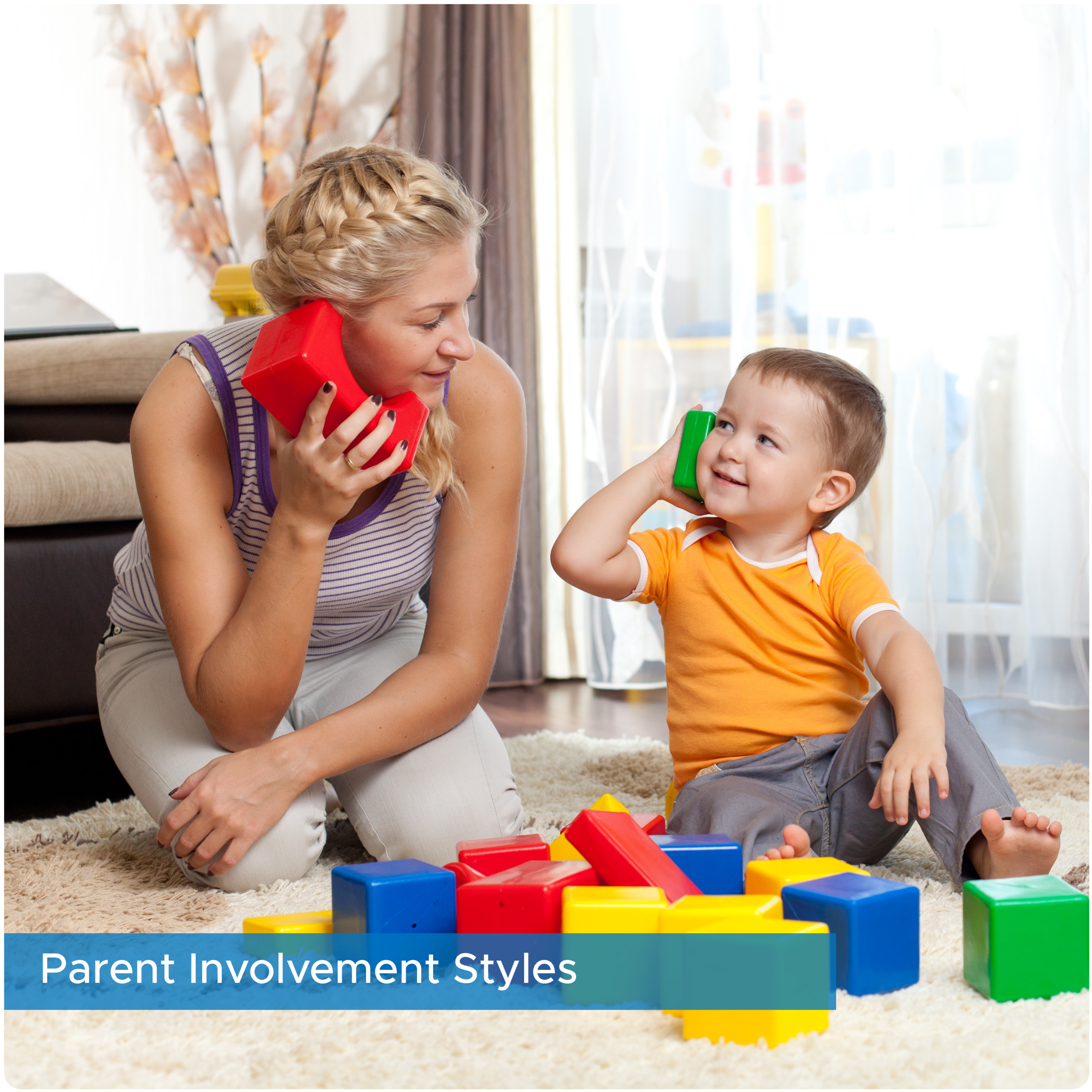Parent Involvement Styles
With families often juggling work, children, and extracurricular activities, one may wonder how can one be involved in their child’s treatment while staying on top of everything else? There is no doubt that parent involvement is crucial to treatment success. There are various roles caregivers can take to feel involved without compromising their sanity.
As clinicians, we see two types of teachers:
Intentional teachers, who conduct daily teaching sessions in their home, and
Opportunity teachers, who will have to take advantage of opportunities that may present themselves through a routine, day, or weekend.
Whichever teaching style a parent selects will result with the same outcome: their child will gain when parents participate actively in shaping skills.
Simple things a parent can do if they tend to be working or out of the house during therapy times are:
Prepare snacks or reinforcers to use during session
Have stimuli or teaching material readily available for session (i.e., toys, arts and crafts, extra clothing, or toothbrush used during session)
Leave notes for behavior technicians or supervisors indicating skills the parent targeted outside of session or to report any new behaviors
Report any data they have collected.
Being involved in treatment doesn’t always mean that a parent needs to be present throughout the entire session: some parents choose to target specific skills, assist during tabletop lessons and/or during play sessions. So be involved in any way you can! Your child and clinical team will appreciate the support and consistency you can provide your child.
Elizabeth Gudiel, M.A., BCBA
Clinical Director, Salt Lake City

